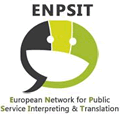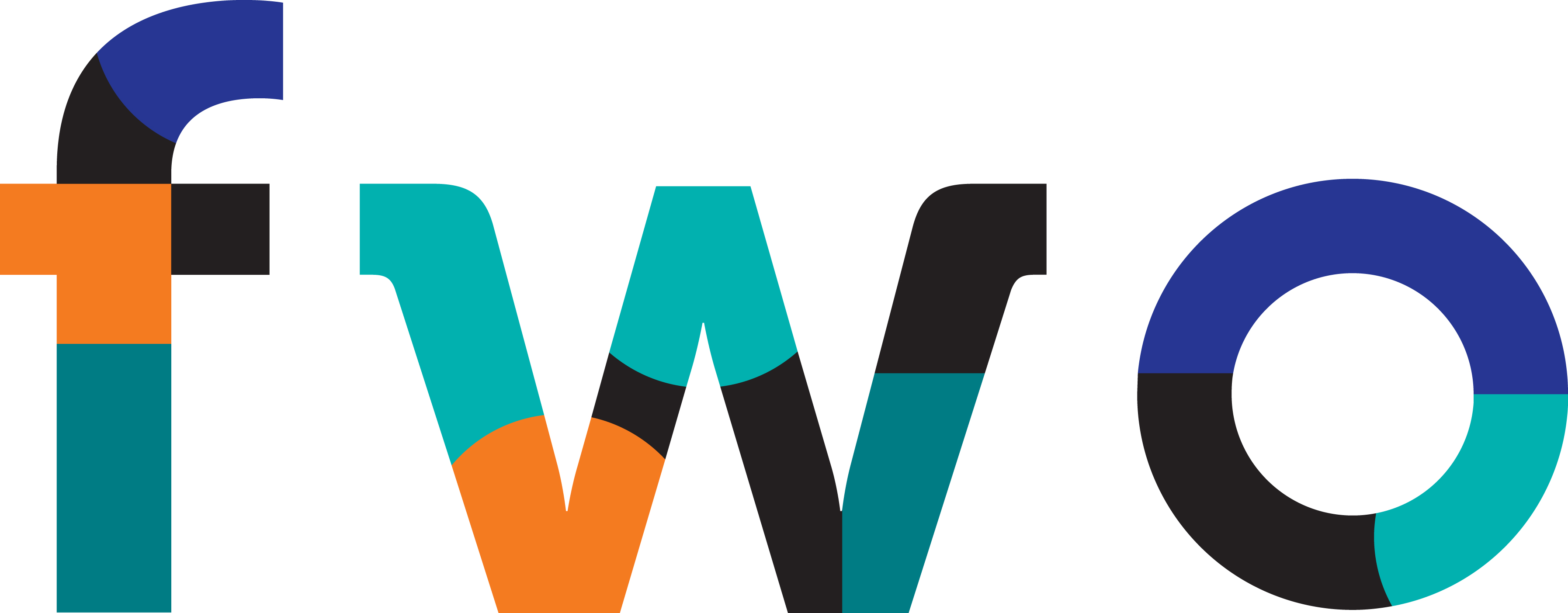Call for papers InDialog 4 / ENPSIT
Continuing the initiative of the past three conferences in the series, InDialog 4 wants to further explore current practices in public service interpreting and translation (PSIT). The conference will focus specifically on the plethora of PSIT practices and perspectives through the lens of multiplicity.
Multiplicity can be understood in many ways. It can refer to contexts: while PSIT is well-established in hospitals, courts, police stations, prisons or reception centres – to name but a few –, PSIT is also needed in less common situations, such as refugee camps, war zones, domestic violence or human trafficking services. Multiplicity applies to the multi-faceted nature of PSIT, involving different types of translation, modes of interpreting (consecutive, simultaneous, sight translation) and language modalities (spoken and signed language). Multiplicity also concerns the professional status of those involved in PSIT: mismatches in supply and demand may lead to situations where professionals work side by side – or together with – non-professionals, uncertified language assistants or untrained community representatives. Multiplicity is also present in training trajectories: workplace learning, interprofessional learning, blended learning or learning through virtual reality are but some of the many methods that have innovated and complemented our teaching practices over the last decade. Multiplicity applies to research methods and approaches used in interpreting and translation studies, including both quantitative, qualitative and mixed-methods approaches. Multiplicity is also characteristic of how we use technologies as PSIT support tools, ranging from computer-assisted translation technology, over machine translation systems, Instant Messaging technology, video conferencing technology to (digital) specialised language resources. Finally, multiplicity also relates to the varying degrees of access in changing migration patterns: what role can PSIT play along the trajectory of migrants and refugees, as they are leaving their home country, pass transit countries and eventually reach their country of destination?
The multiplicity inherent to PSIT may create opportunities but also pose a number of challenges. InDialog 4 provides a forum to examine how we are addressing the opportunities and challenges associated with these multiplicities as practitioners, trainers and researchers.
Formats
We invite proposals for
- oral presentations (20 minutes + 10 minutes for Q&A)
- posters
- panel contributions (with 3 to 5 speakers) - Panel conveners will be responsible for setting the theme, chairing the panel, and inviting the speakers.
The conference will be held in English. We aim to provide sign language interpreting for a selection of contributions. Joint contributions by academic-practitioner or trainer-practitioner tandems are particularly encouraged.
The conference will include stand-alone papers, panel contributions and poster presentations dedicated to issues concerning PSIT. The contributions will be organised around the following thematic axes:
- PSIT and migration
- Access to public services
- Technological tools and developments in PSIT
- PSIT and multimodality
- Curriculum design and training in PSIT
- New methods of translation & interpreter training
- Methodological approaches
- Interdisciplinary research
- Implications for professional practice
- Ethics and good practices
- Sign language interpreting
- PSIT and institutional relations
Abstracts can address any of the following areas:
- Research
- Training & education
- Professional practice
Abstract submission
Proposals should be between 300 and 400 words in length (references not included) and written in English. All submission procedures are web-based. The proposals received will be subjected to an anonymous peer review process to ensure the scientific quality of the submissions.
- Submission site
- More info: https://www.indialog-conference.com
- Deadline for submission of abstracts: 7 April 2023
- Notification of acceptance: 17 May 2023
More information on abstracts for oral presentations and posters
It is the individual submitter’s choice to submit for an oral presentation or a poster. Oral presentations should report on (nearly) completed work. Posters are suitable for work in progress and/or work that requires personal feedback. Poster presenters are responsible for the production of their posters (format A0 / 841 x 1189 mm or 33.1 x 46.8 inches).
Some specific points of attention:
- Research abstracts: Please note that while it is acceptable to submit abstracts with preliminary rather than full results, a lack of results limits the ability of reviewers to fully assess the impact/significance of the work, which can be compensated for by a clear elaboration of methodology and hypotheses.
- Training & education abstracts may describe novel curricula, teaching, evaluation methods, assessment strategies or instructional materials.
- Professional practice abstracts may describe novel implementation strategies, recent developments, but also how practitioners and other PSIT stakeholders tackle challenges related to migration patterns and budget constraints for PSIT-initiatives.
Abstracts for oral presentations and posters should include the following sections:
- Type of contribution
- Title
- Strand: Research, training /education, professional practice
- Keywords (max. 5)
- Body containing the objectives, methodology and (preliminary) findings
- [on a separate page] Author(s) details: please provide title, first and last names, e-mail address and affiliation of all authors
More information on abstracts for panels
Panels capture a coherent set of three to five individual presentations in which speakers briefly address a central issue or question of particular relevance. An important asset of a panel is that it places individual experiences or research results in a broader context and reserves time for interaction and discussion amongst the panellists and with the audience. The convener of the panel should consider inviting colleagues from different countries to provide an international perspective. The available time is 90 minutes per panel.
The panel abstract should be submitted as one single abstract and include the following sections:
- Type of contribution
- Title
- Strand: Research, training /education, professional practice
- Keywords (max. 5)
- Body containing information on objectives, methodology and (preliminary) findings
- [on a separate page] Chair details: Title, first and last names, e-mail address and affiliation
- Panellists’ details: Title, first and last names, email address and affiliation of all panellists
Important: contributors can be the first author of one contribution only (whether panel contributions, oral presentations or posters). Authors may be involved in a second or third paper if someone else is the first author and presenter.




